our journey
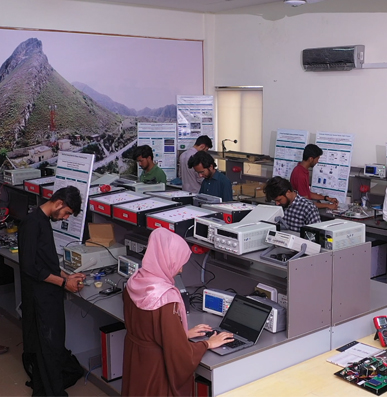
Electrical Engineering Program Re-Accredited by PEC
Namal’s Electrical Engineering program was successfully re-accredited by the Pakistan Engineering Council (PEC). This reaffirmation reflects the program’s continued adherence to high academic and professional standards, ensuring that Namal’s engineering graduates are prepared to meet the demands of the global industry with integrity and competence.
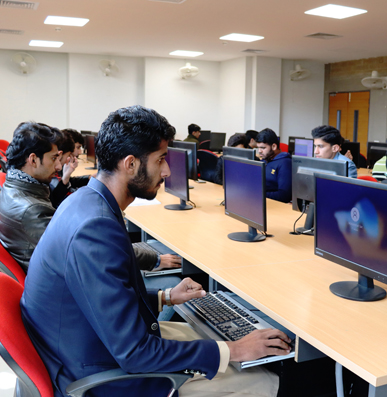
BS Computer Science Program Accredited by NCEAC
In 2024, Namal’s BS Computer Science program received full accreditation from the National Computing Education Accreditation Council (NCEAC). This accreditation is a testament to the program’s quality, relevance, and rigorous academic structure. It assures students and employers alike that Namal graduates are equipped with the skills and knowledge to thrive in Pakistan’s fast-growing tech sector.
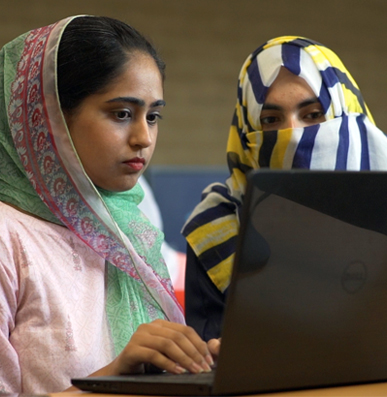
Female Enrollment Reaches 42%
A major milestone in Namal’s commitment to inclusive education was reached in 2023, as female students constituted 42% of the total student body, the highest in the university’s history. This growth signifies the trust families place in Namal as a safe and empowering institution for young women, especially from rural and underserved areas. It is a powerful step towards gender equity and national progress.
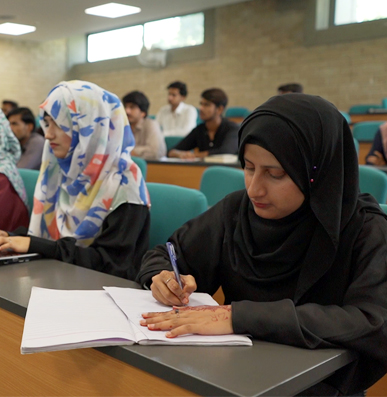
2022 – Center of Islamic Civilization & Iqbaliyat
In 2022, Namal established the Center of Islamic Civilization & Iqbaliyat, a unique academic initiative aimed at deepening students' understanding of Islamic intellectual traditions and the philosophy of Allama Iqbal. The center serves as a hub for critical thinking, interdisciplinary research, and value-based learning. It reflects Namal’s commitment to nurturing morally grounded leaders who are deeply connected to their cultural roots and national identity.
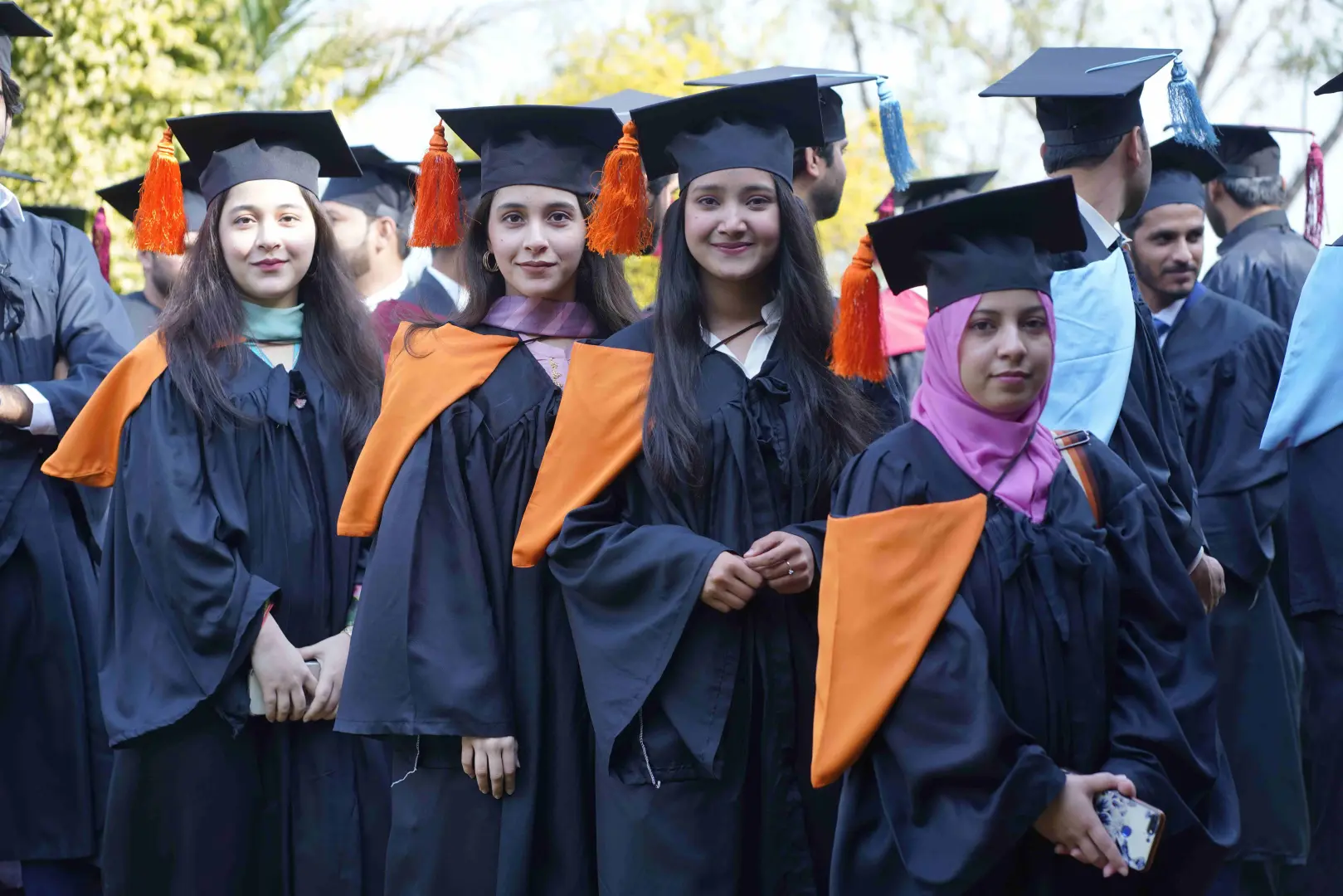
Namal University
In a monumental leap forward, Namal Institute achieved a pivotal milestone by acquiring university status in 2021 by the Higher Education Commission, officially becoming Namal University! A significant development that empowers Namal to broaden its academic horizons, setting the stone for offering postgraduate degrees. This strategic move not only represented a key step towards fulfilling Imran Khan's vision of Namal Knowledge City but also marked a profound evolution in Namal's educational offerings. As Namal University, the institution is poised to play a more comprehensive role in higher education, fostering advanced academic pursuits and contributing to the realization of a knowledge-driven future.
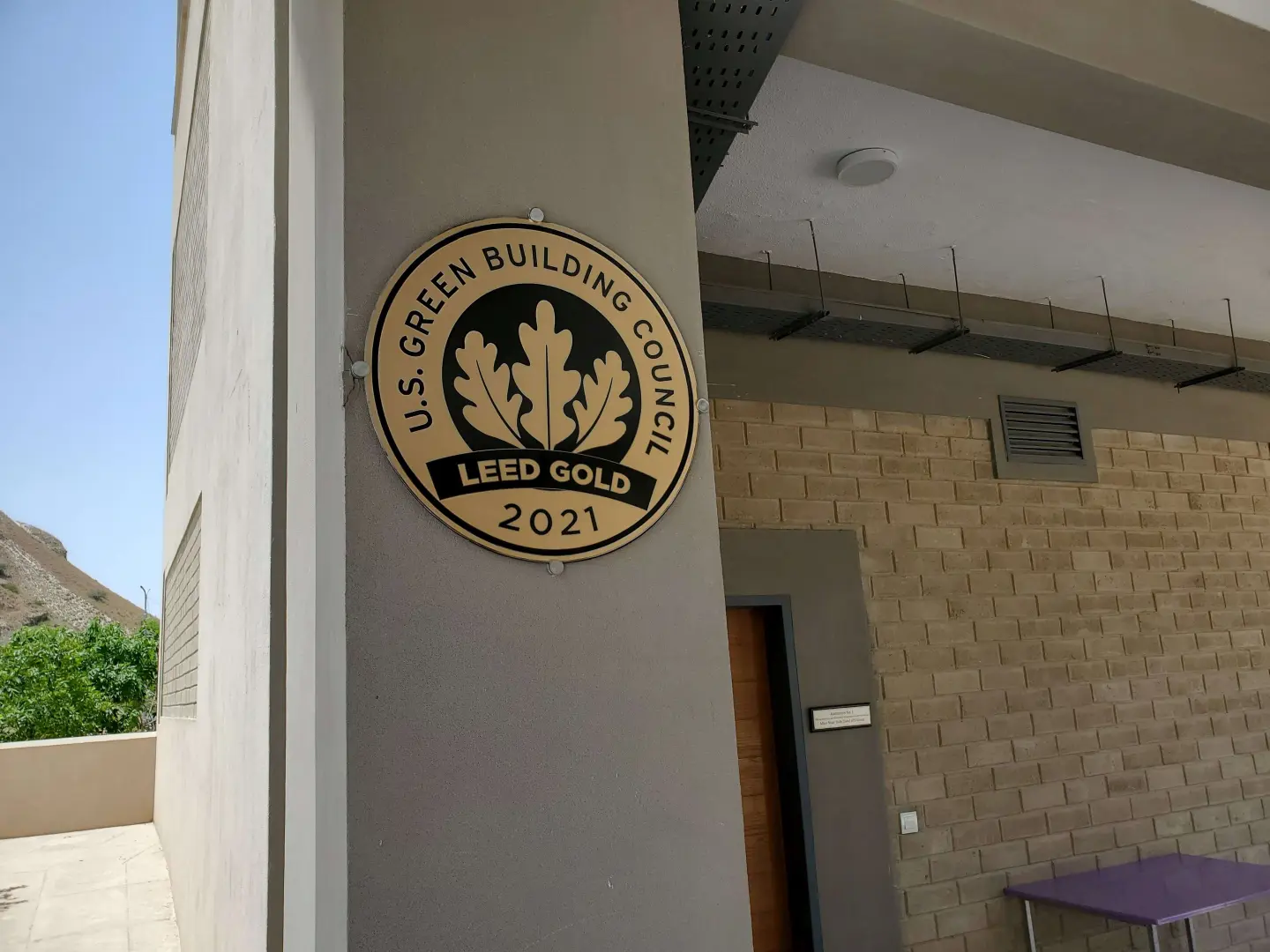
LEED Gold Certification
In 2021, Namal achieved a notable milestone with the Academic Block being awarded the LEED Gold Level Certification by the United States Green Building Council. This prestigious recognition underscores Namal's steadfast commitment to environmental conservation and sustainable practices. The building, constructed with mud blocks, not only contributes to effective insulation but also demonstrates Namal's dedication to minimizing its environmental footprint.
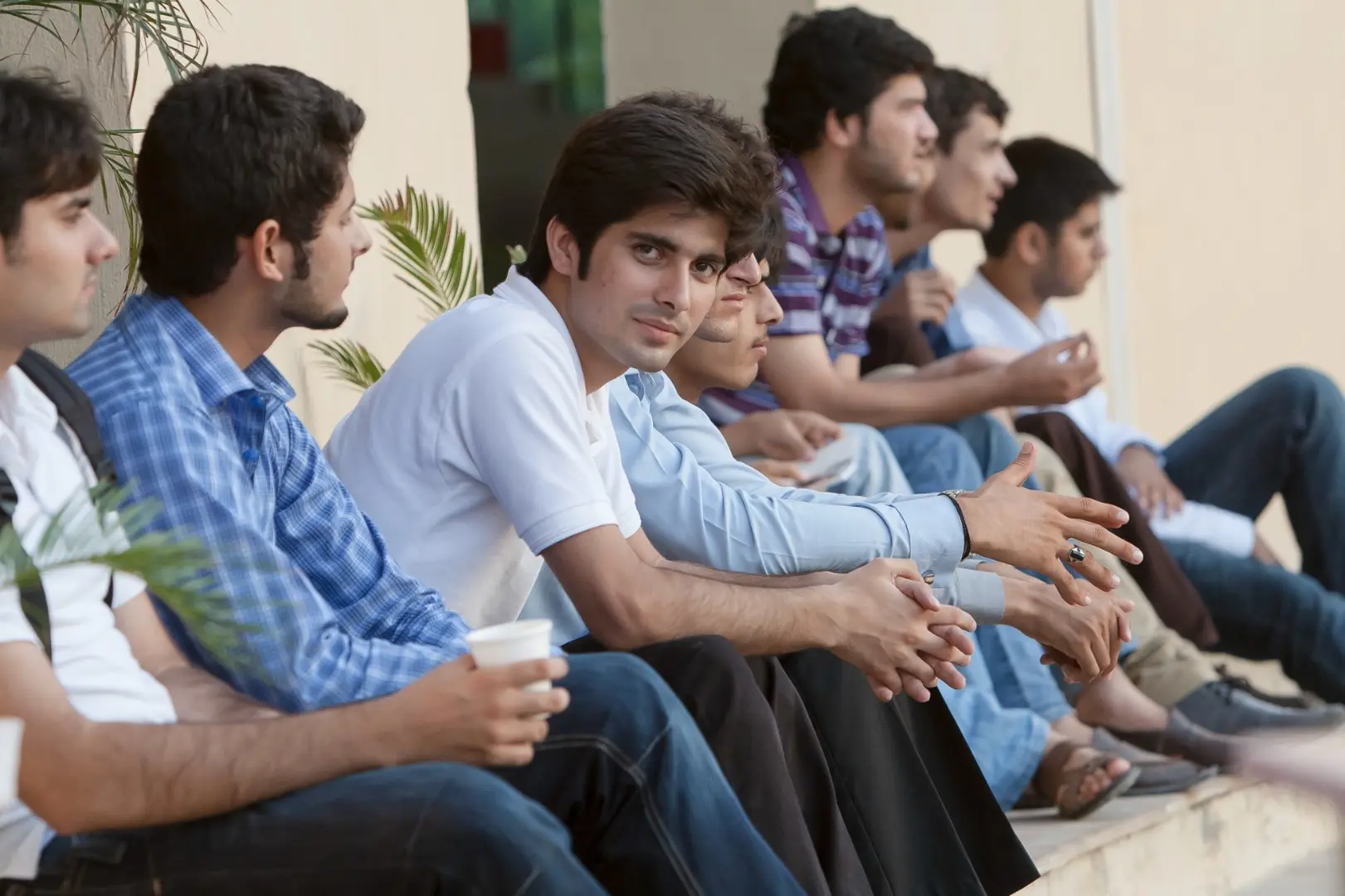
BSc. Hons Mathematics
In 2020, Namal University took a significant step forward in addressing pressing challenges by introducing its BS Mathematics Program. This innovative program aims to harness the power of artificial intelligence to contribute solutions to some of Pakistan's most complex issues. The introduction of the Mathematics program represents a pivotal shift for Namal University, not only opening its doors to a broader audience but also diversifying its curriculum. Namal University seeks to equip students with the knowledge and skills needed to navigate the evolving landscape of technology and contribute to innovative solutions for the benefit of Pakistan and beyond.

Nisar Aziz Agri-Tech Center
In the year of 2020, Namal Institute took a significant stride in academic development with the establishment of the Nisar Aziz Agri-Tech Center, marking a commitment to promoting precision agriculture. This center serves as a practical learning hub, facilitating BBA students in gaining hands-on experience in precision agriculture techniques. The BBA program at Namal, with its specialization in Agriculture, addresses the prominence of agriculture in rural Pakistan, providing students with valuable insights and innovative techniques to enhance small-scale agriculture businesses. The introduction of the Nisar Aziz Agri-Tech Center underscores Namal's dedication to fostering academic excellence and empowering students with real-world skills in the ever-evolving field of agriculture.
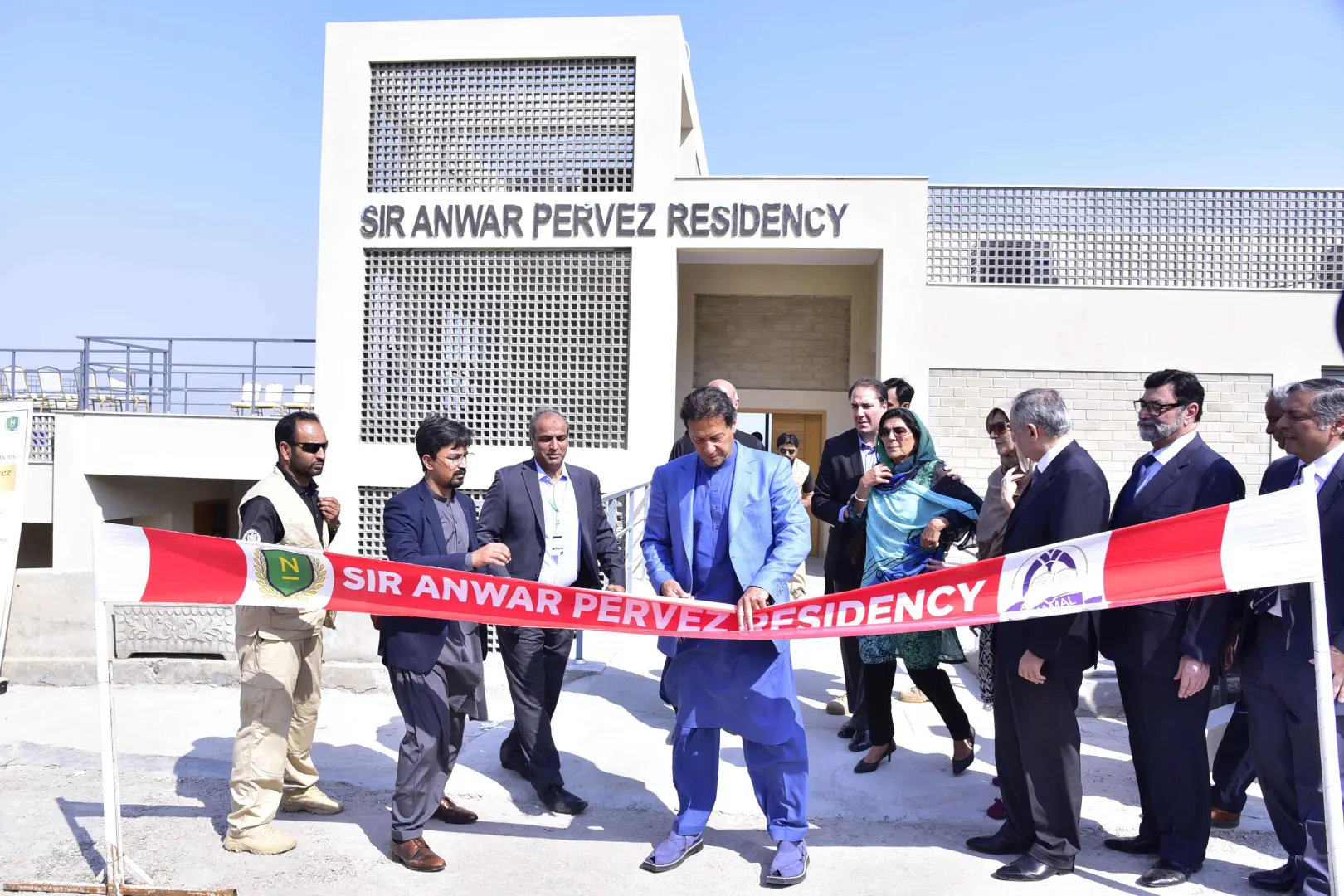
Anwer Pervez Residency
In 2020, Chairman Imran Khan officially inaugurated the Sir Anwer Pervez Residency, a cutting-edge facility crafted to meet diverse needs. The residency offers modern accommodations for short-term stays and features a relaxation lounge, offering a versatile space for casual meetings and recreational activities. Specifically designed to provide comfortable lodging for guests arriving from various parts of Pakistan, including donors, supporters, and esteemed guest speakers, the Sir Anwer Pervez Residency reflects Namal's commitment to hospitality and creating a welcoming environment for those contributing to the institution's growth and success.
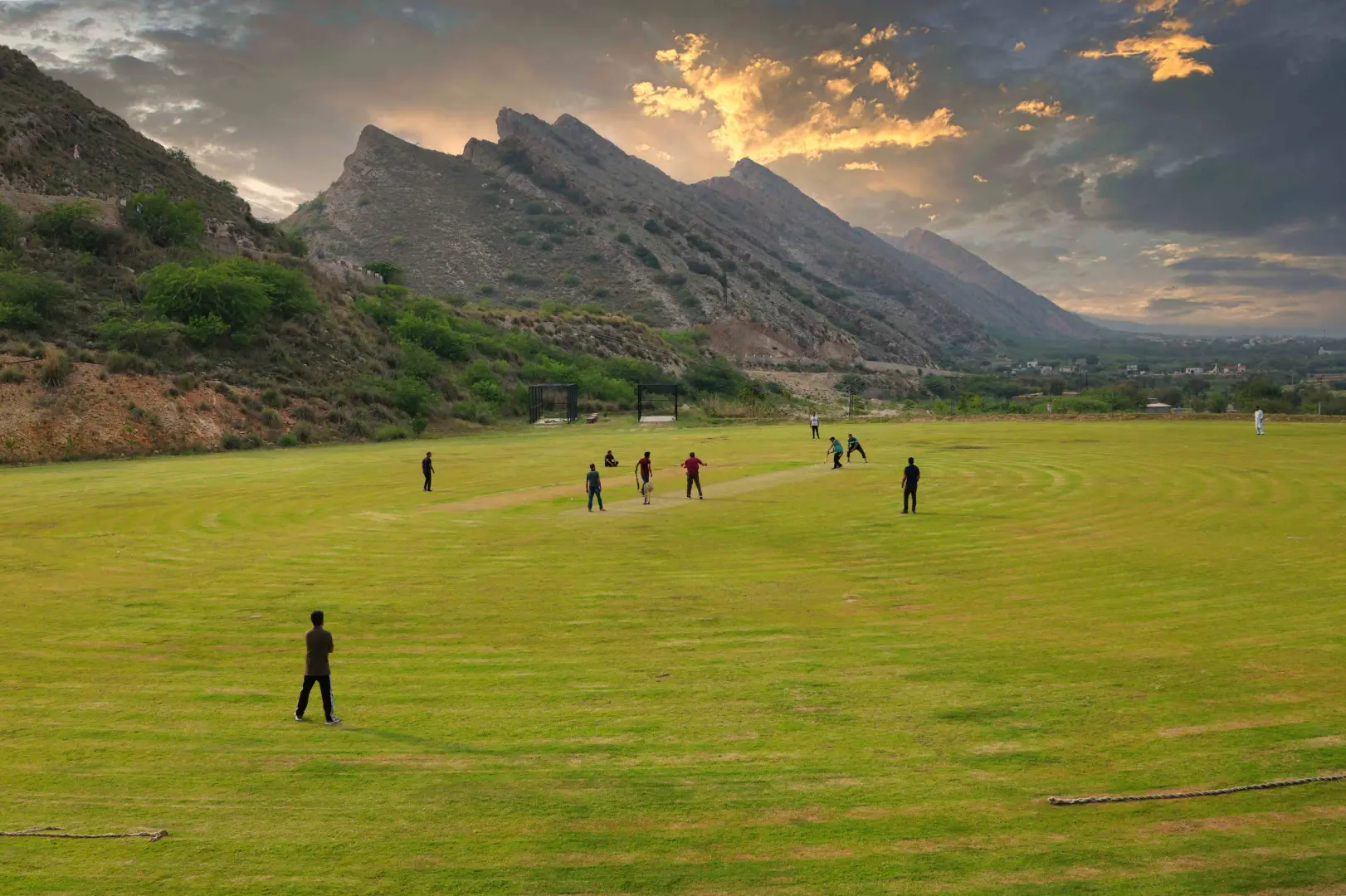
Cricket Ground
In the year 2020, Namal Institute completed its inaugural sports facility—a captivating cricket ground. Positioned in the picturesque Namal Valley, surrounded by majestic mountains on one side and the tranquil Namal Lake on the other, this serene cricket ground has become an integral feature of the Namal University campus. This tranquil sports facility not only adds to the aesthetic charm of Namal but also provides students with an authentic cricket ground, fostering a sense of community and healthy competition. Beyond its recreational purpose, the cricket ground reflects Namal's commitment to creating an environment that seamlessly blends education with the natural beauty of the surroundings.

Degree Awarding Status
In 2019, Namal College achieved a historic milestone by acquiring Degree Awarding Institute (DAI) status. This marked a transformative shift, granting Namal the independence to confer its own degrees, free from affiliations with other universities. This significant development underscores Namal's commitment to academic excellence and positions it as a self-sustaining institution with the flexibility to shape and expand its academic offerings.
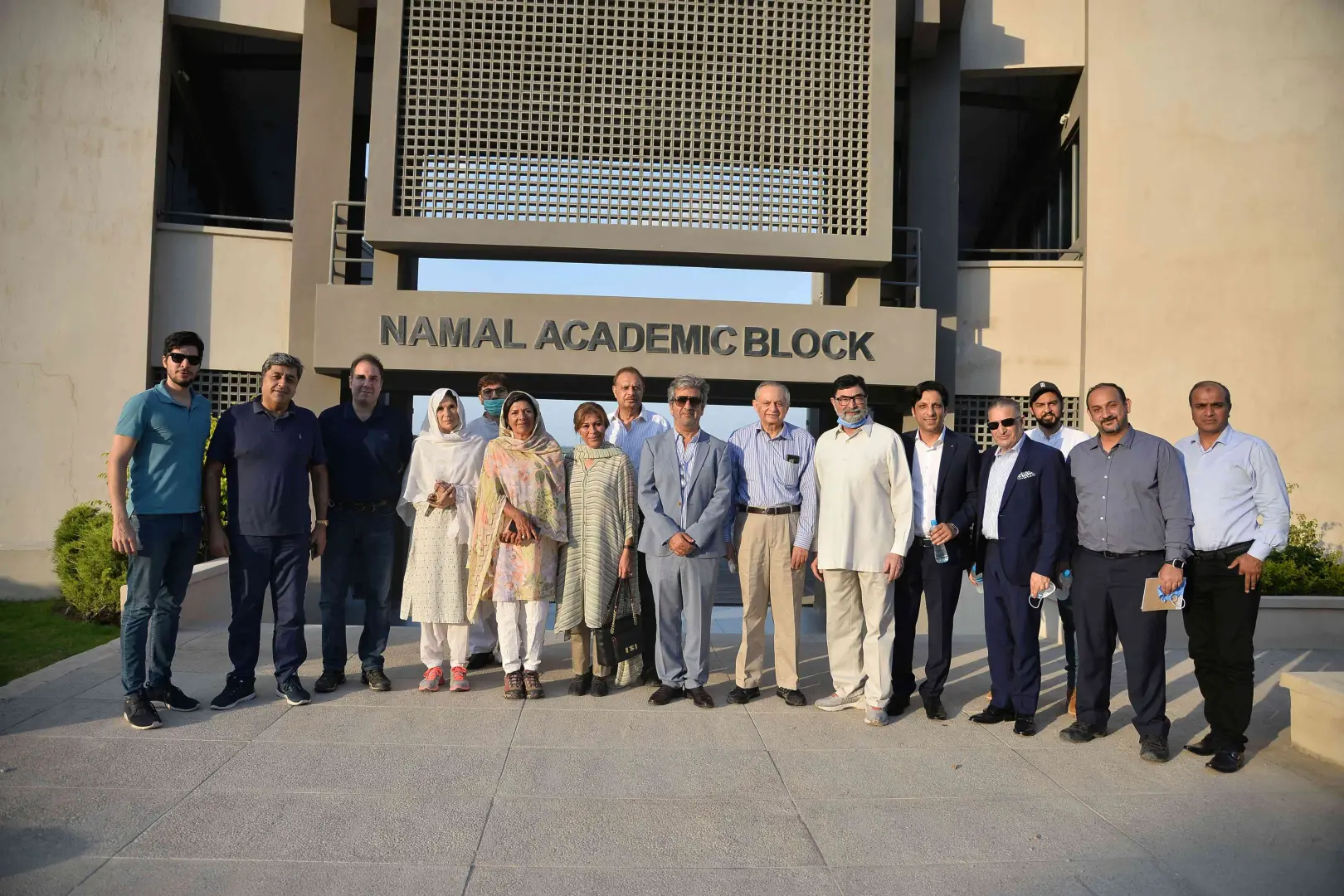
Academic Block – 01
In the year of 2019, Namal Institute reached a significant milestone with the inauguration of the New Academic Block by the esteemed Imran Khan. This event not only marked a crucial juncture in the physical expansion of Namal's facilities but also symbolized a commitment to excellence in education. The new building, meticulously designed to accommodate over 600 students, stands as a testament to Namal's dedication to providing a cutting-edge and conducive learning environment for its growing community of scholars. Constructed with innovative mud blocks, the facility not only demonstrates a commitment to sustainable construction practices but also provides exceptional insulation. Beyond its eco-friendly features, the New Academic Block offers a host of upgraded amenities, including modern lecture rooms, a well-equipped library, state-of-the-art computer labs, and a spacious main auditorium. This multipurpose space caters to various activities and seminars, enhancing the overall academic and extracurricular experience for Namal's students.

Time Bank
In 2017, Namal College took a visionary step by introducing the Time Bank, a unique initiative designed to empower students to create sustained positive change in their community. The Time Bank aimed to cultivate a spirit of giving back among students, particularly those who had benefited from financial aid. This innovative approach not only serves to uplift society but also plays a crucial role in shaping students into conscientious individuals. Those studying on scholarships actively participate by offering evening classes to students from Namal School, exemplifying a commitment to community development and education. The Time Bank initiative forms a cycle of generosity, where students give back to the community that supported them, creating a ripple effect of positive impact. Namal's Time Bank not only transforms education into a vehicle for social change but also exemplifies the institution's commitment to nurturing responsible, compassionate, and socially aware individuals.
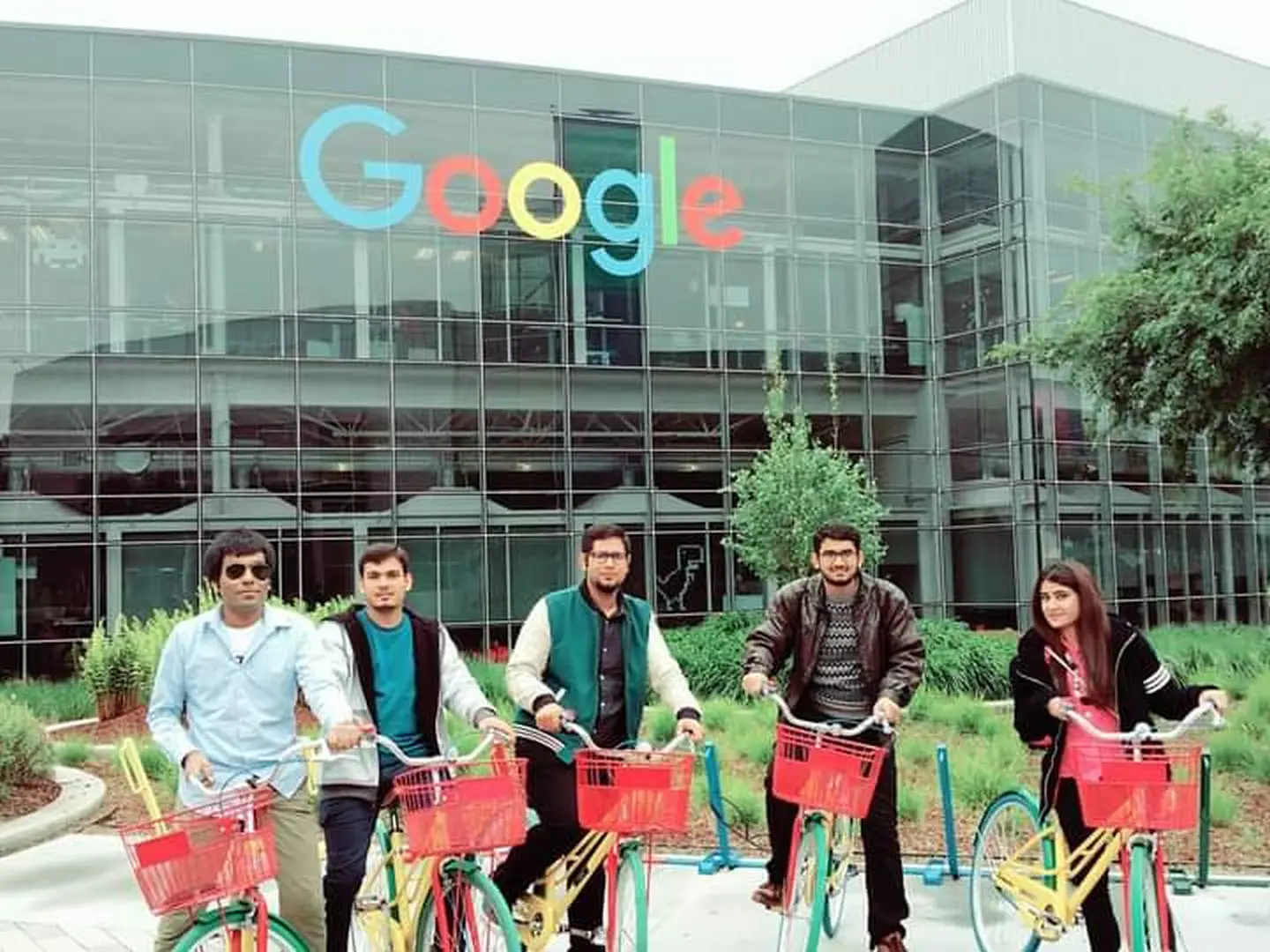
Business Administration Program
In 2017, Namal College embarked on a new chapter in its educational journey by signing a Memorandum of Understanding (MoU) with HAS University of Applied Sciences, marking the launch of its Bachelor of Business Administration (BBA) Program. This significant collaboration marked a departure from Namal's initial focus on technical education, expanding its academic offerings beyond engineering and computer sciences. The introduction of the BBA program represented a pivotal shift, opening Namal College to a broader audience and diversifying its curriculum. This strategic move aligned with the institution's commitment to reaching a larger percentage of the population and offering a comprehensive education that addresses diverse academic interests. This development underscored Namal's adaptability and dedication to meeting the evolving needs of students and the community.
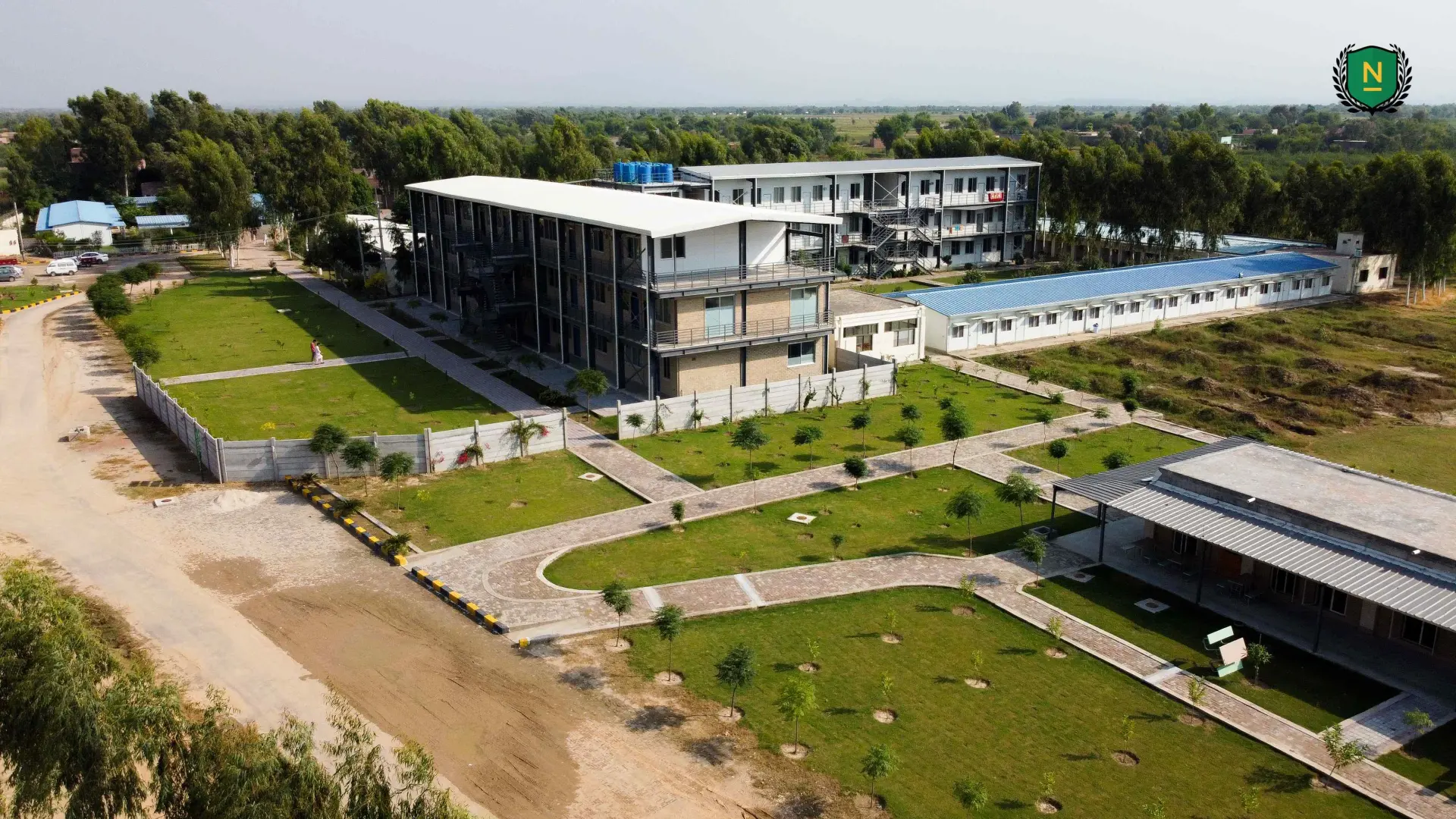
Chakda Residental Complex
In 2015, Namal College took a pivotal step to broaden its reach and diversify its student body by constructing hostels capable of accommodating over 250 students. This strategic move aimed to eliminate barriers to education and attract talent from across the country with the promise of safe, secure, and comfortable living arrangements. The addition of these hostels transformed Namal College into a destination for students from all over the country seeking a high-quality education coupled with excellent residential facilities. Today, over 600 students call Chakda home, a facility located just 10 minutes from Namal University. This expansion not only enriches the campus with diversity but also provides a conducive environment for learning and collaboration. Faculty members and their families also reside on the premises, fostering a sense of community and commitment to academic excellence. The strategic placement of the facility has not only facilitated top-notch faculty recruitment from various parts of Pakistan but also enhanced the overall campus experience. In addition to academic facilities, amenities such as a mess hall, a football ground, and a badminton court contribute to a vibrant and engaging campus life, ensuring that education at Namal is not just about academics but also about holistic development and a sense of community.
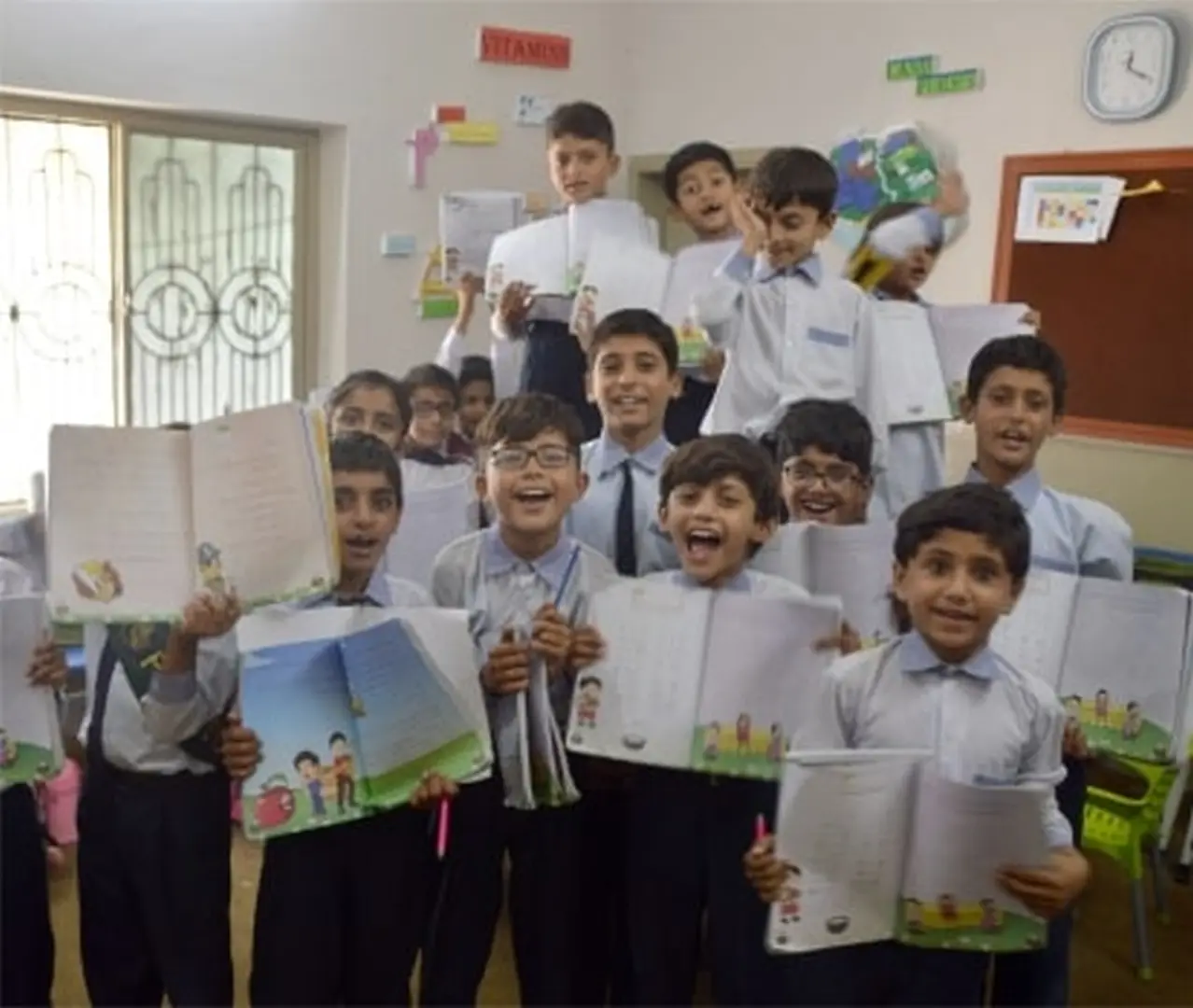
Namal School
In 2014, the roots of Namal School were planted by faculty members of Namal College who, with their own children entering school age, sought to create a local educational haven. Led by the faculty members' spouses, who took on roles as teachers, the school rapidly evolved into a model educational center for the entire region. The unwavering dedication and hard work of these educators transformed Namal School into a beacon of learning. Today, Namal School stands as a vital educational hub for students in neighboring villages, offering inspiration and hope. The school has become a symbol of community-driven education, with its success inspiring students to aspire to study at Namal University. The dreams of these young minds reflect the transformative impact of Namal's holistic approach to education, not only fostering academic growth but also instilling the belief that education is a powerful catalyst for personal and community advancement.
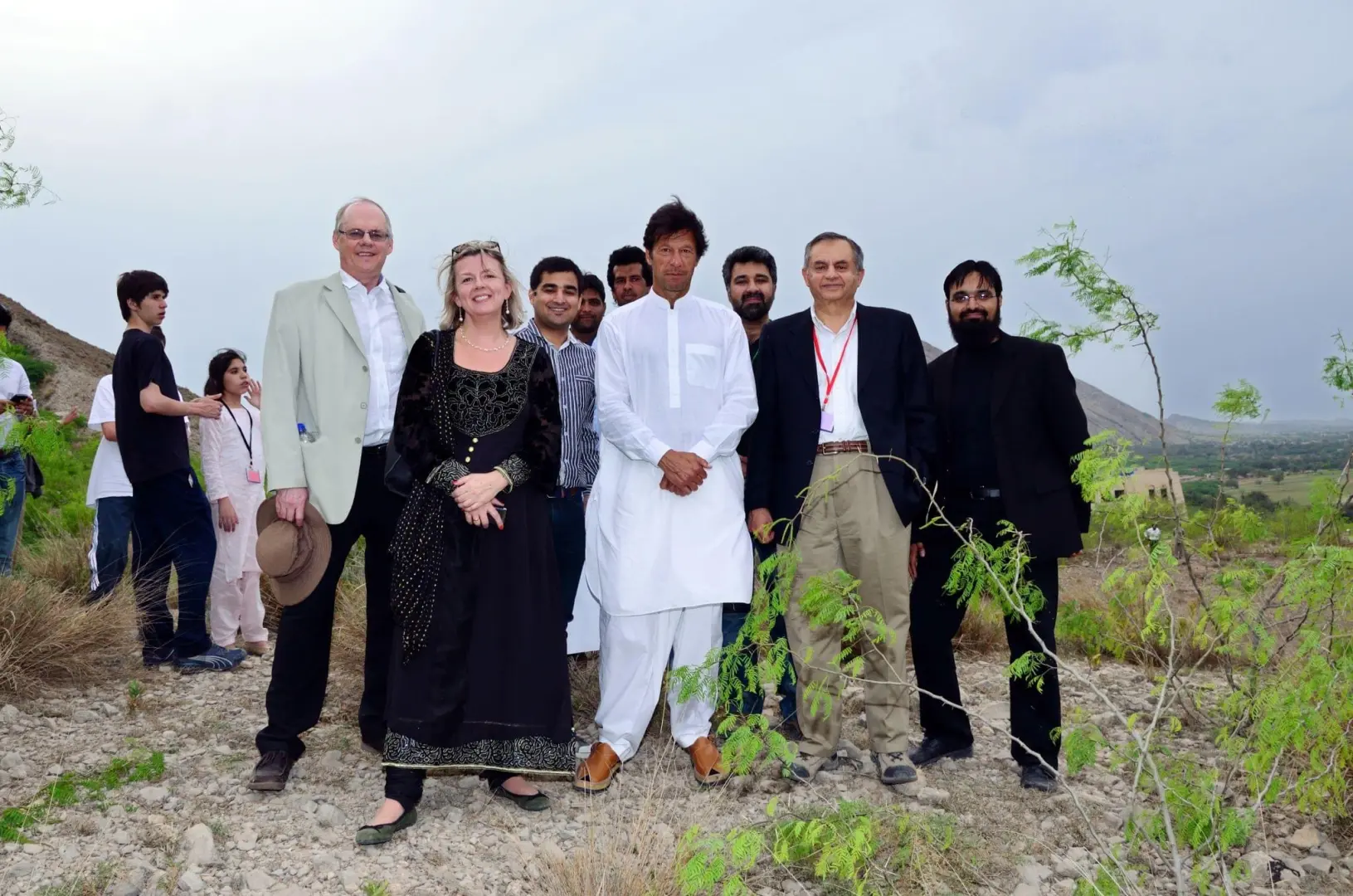
Namal Knowledge City
In 2014, Namal College set the stage for a transformative future by laying the foundation of Namal Knowledge City. With concrete goals and a well-defined plan, the vision was to create a city dedicated to producing and disseminating knowledge, poised to be a leader in innovation. A sprawling 1,000 acres of land was acquired to accommodate not just a university but also housing, sports fields, libraries, and more, creating a comprehensive hub for learning and growth.
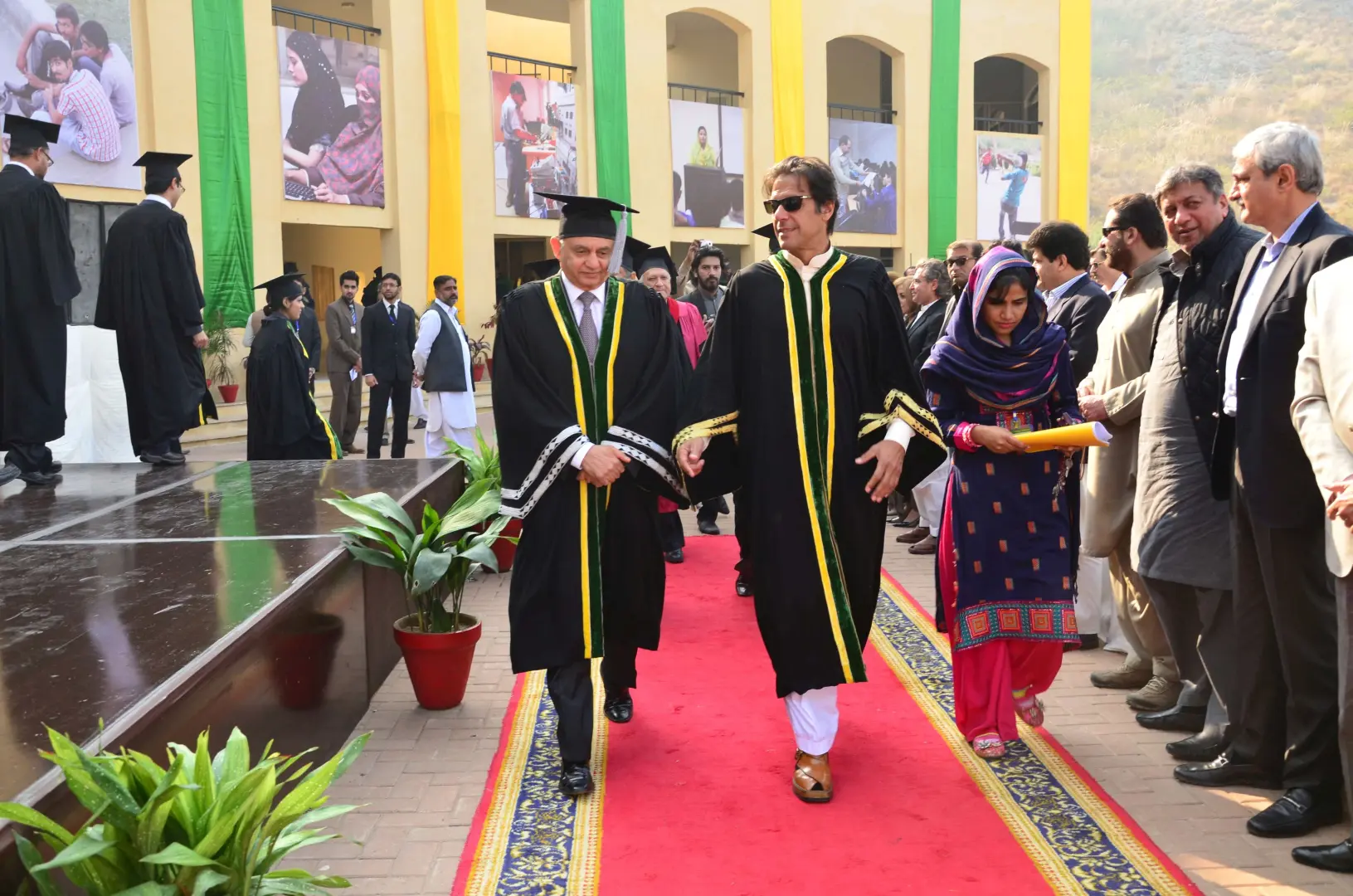
Convocation 2013
In 2013, Namal College hosted its inaugural convocation, a historic event uniting the first two batches of Computer Science graduates who had earned esteemed degrees from the University of Bradford. This celebratory occasion not only acknowledged the accomplishments of the second cohort but also spotlighted the ongoing success of the pioneering graduates, showcasing their significant contributions to various fields. The impact of these accomplished alumni resonated globally, highlighting the tangible outcomes of the world-class education provided by Namal College. Witnessing the remarkable feats of these graduates, applications for admission surged to an impressive 1,930, solidifying the institution's newfound status as a sought-after destination for quality education. The convocation in 2013 was a pivotal moment, symbolizing Namal College's dedication to producing exceptional graduates and establishing itself as a beacon of academic excellence, attracting students eager to embark on this transformative educational journey.
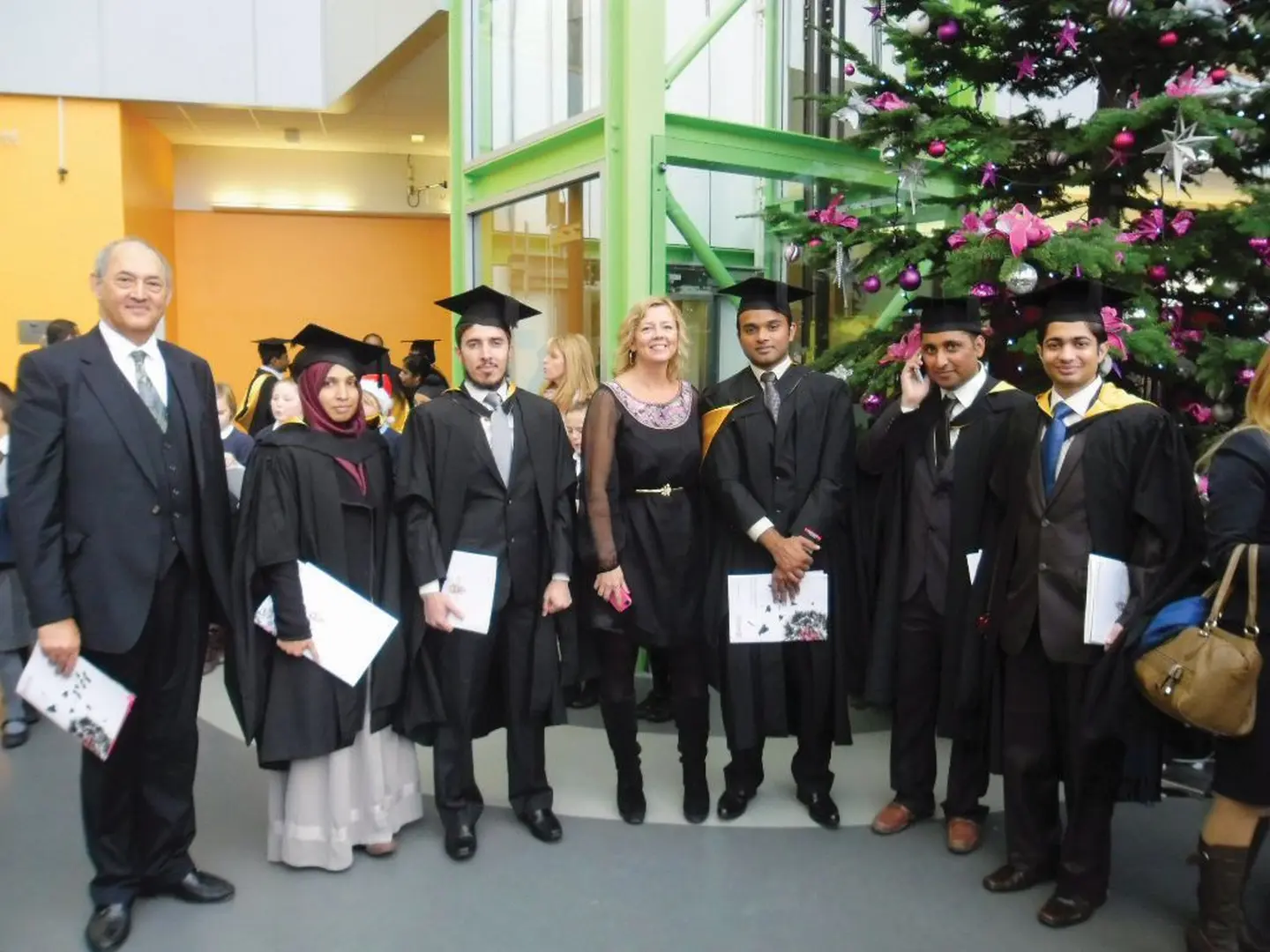
CS Class of 2012, Graduation
In 2012, Namal College celebrated a significant milestone with the graduation of the first batch of BSc. Computer Science students, each receiving a University of Bradford degree. This achievement marked the realization of Namal's mission to provide quality education and cultivate responsible global citizens. The inaugural graduates have since gone on to carve successful careers, making meaningful contributions to their country in various capacities. The event underscored Namal's commitment to empowering students with the skills and knowledge needed for success, and the positive impact of this accomplishment resonates through the achievements of the graduates in their professional endeavors. This landmark graduation in 2012 not only symbolized the fulfillment of educational aspirations but also laid the foundation for Namal College's continued dedication to academic excellence and societal contribution.
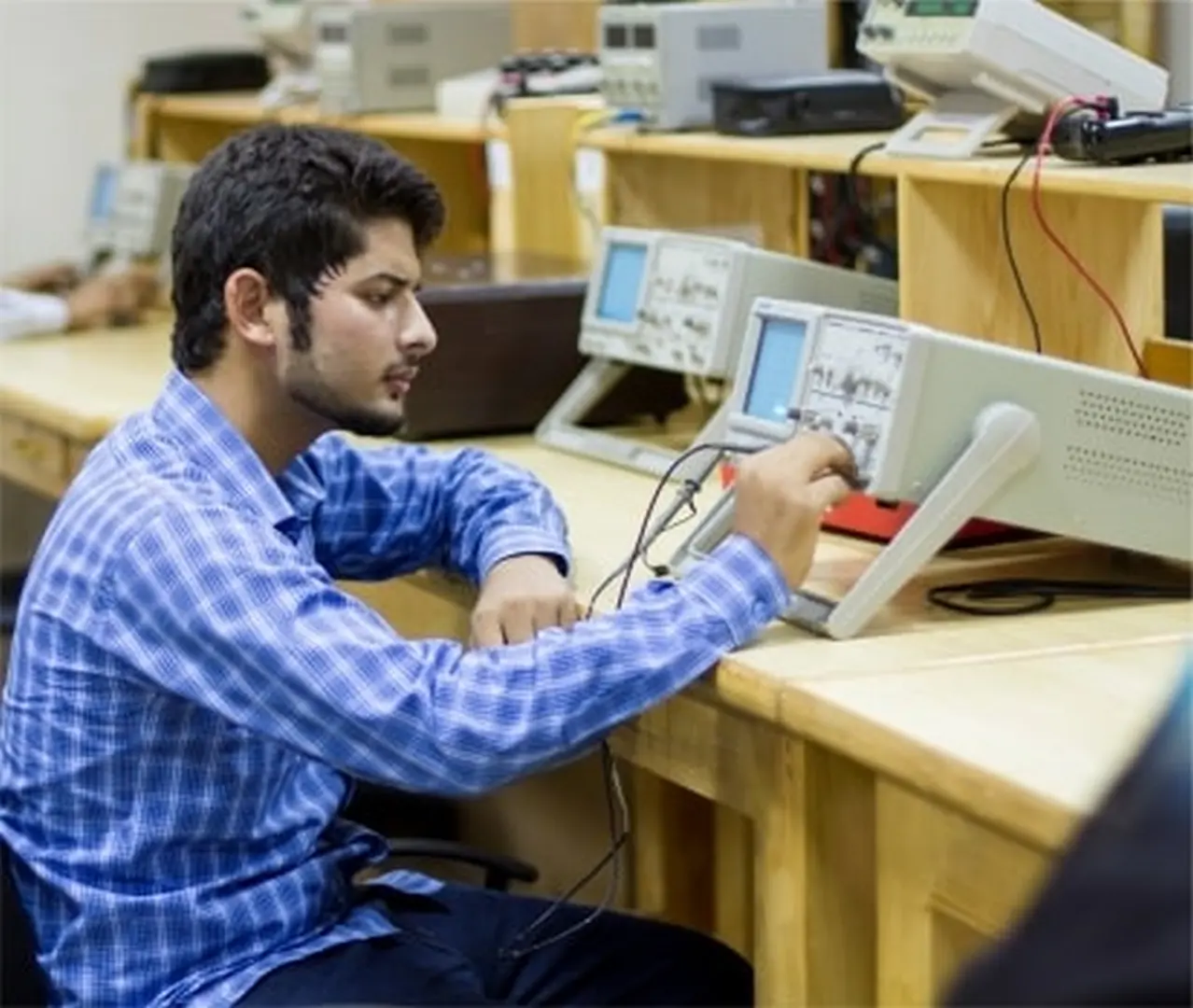
BSc. Hons Electrical Engineering
In 2010, Namal College further expanded its academic offerings by introducing the BS Electrical and Electronic Engineering, established as a franchise in collaboration with the University of Bradford. This marked a significant stride, allowing students in Pakistan access to a British competitive education while benefiting from financial aid, fulfilling the dreams of many who aspired for a quality education they otherwise couldn't afford. The launch of the BS Engineering program represented Namal's commitment to providing diverse and globally competitive academic opportunities to its students. In the same year, the institution took another step forward in enhancing its educational standards by appointing its first PhD faculty member. This move reflected Namal's ongoing efforts to elevate the quality of education and create an environment conducive to academic excellence. The combination of expanded programs and the addition of highly qualified faculty underscored Namal College's dedication to providing accessible, high-quality education to students in Pakistan.
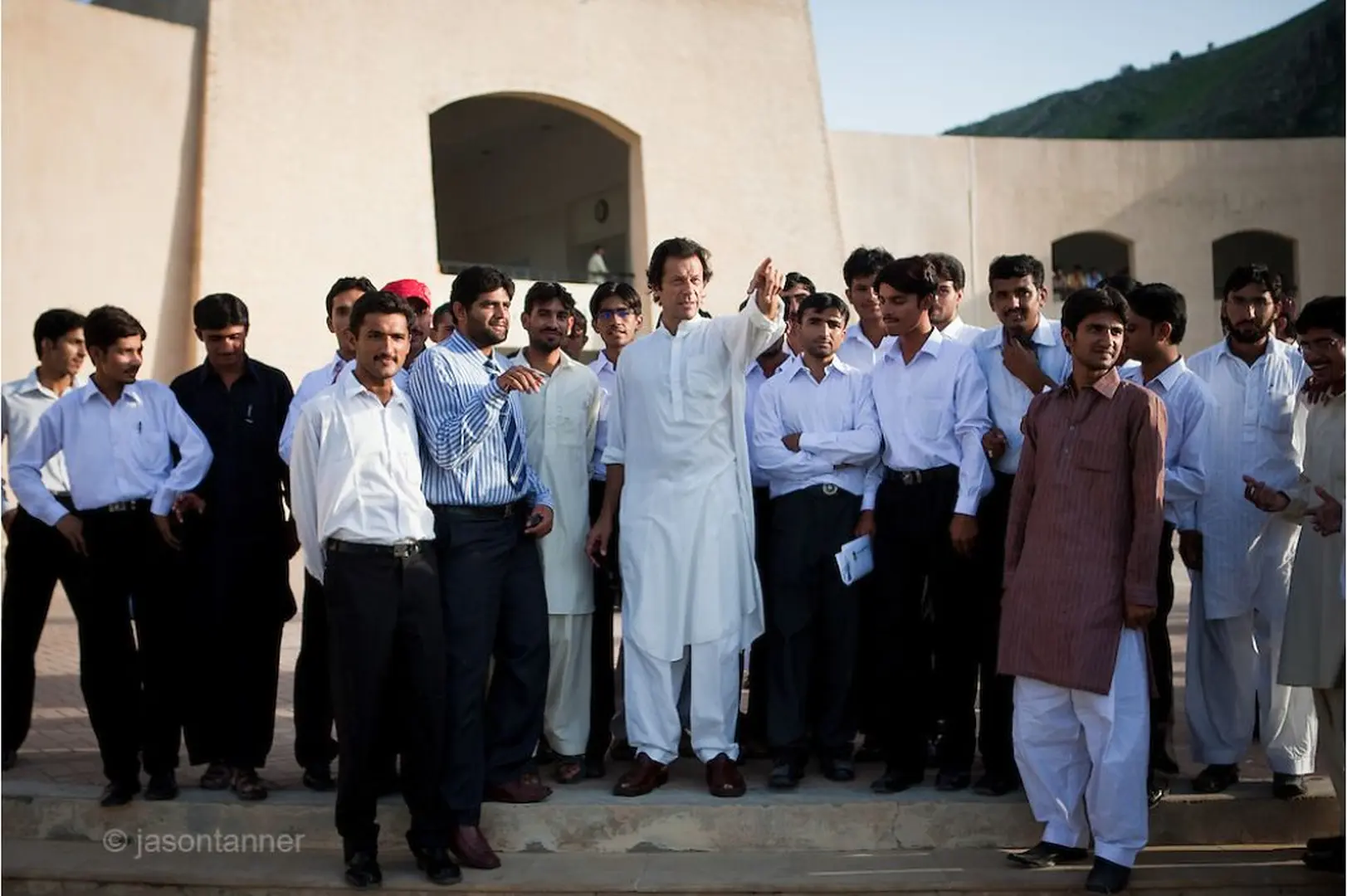
Namal College
In 2008, a significant milestone marked the commencement of Namal College's transformative journey with the completion and inauguration of its inaugural building. At this juncture, Namal emerged as a Technical Institute, providing diplomas in Network Administration and Software Development. The initiation of these programs marked a critical step in addressing the educational void in Mianwali. Following this, a pivotal moment occurred with the establishment of a franchise agreement between Namal College and the University of Bradford. This collaboration facilitated the introduction of the BSc. Computer Science program, a crucial addition to the educational offerings. The inaugural intake comprised 79 students, with the majority hailing from the nearby localities, underscoring Namal's immediate impact on providing educational opportunities to the community. This event in 2008 marked the beginning of a new era for Namal College, solidifying its commitment to technical education and setting the stage for future growth.

Namal-Bradford Partnership
In the impoverished Mianwali district of Punjab, Pakistan, where unemployment was so prevalent, a collaborative effort by the University of Bradford and Chancellor Imran Khan has brought about a remarkable change. Namal College, a technical institution aimed at addressing the region's employment challenges, emerged as a beacon of hope. Imran Khan, who assumed the role of Bradford's Chancellor in 2005, played a pivotal role in negotiating a strategic partnership. This collaboration ensured that when Namal College opened its doors in 2008, graduates would be conferred with degrees from the University of Bradford. With a significant portion of Bradford school pupils and first-year undergraduates boasting Pakistani heritage, the alliance reflected a shared commitment to educational upliftment. Guided by Deputy Vice-Chancellor Jeff Lucas, the University of Bradford's academics actively shaped the curriculum of Namal College. This past collaboration serves as a testament to the dedication of both institutions to breaking the cycle of despair in Mianwali, offering education and skills to illuminate a more hopeful path forward.

Imran Khan's Dream
It was the beginning of a monumental vision; one that would forever shape the socio-economic landscape of Pakistan. But just like all great dreams, it started with a simple idea; offer education and training to the disadvantaged communities of Mianwali and let progress take its course. The vision was a result of Imran Khan’s persistent efforts in identifying new avenues of development for Pakistan. In 2002, he went on a social development tour of Mianwali, his birthplace, his home. Owing to the traffic congestion on Talagang Road, he had to temporarily stay at the petrol pump owned by Malik Tariq Rikhi. His sojourn allowed Khan to interact with the locals and inquire about the major issues they were facing. The residents of villages in the area had just one grievance; there was no institute of higher education in the area. On that day, Khan made education his life’s goal and resolved to create a technical college in Mianwali on a 5-acre land provided by Ghulam Muhammad Seelu, a resident of the village, Namal. Thereafter, the vision evolved and there was no turning back. Khan conceptualized Namal Knowledge City just like his alma mater; the University of Oxford and his passion for this project persists to this day.
